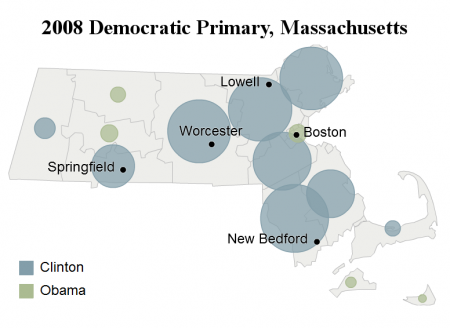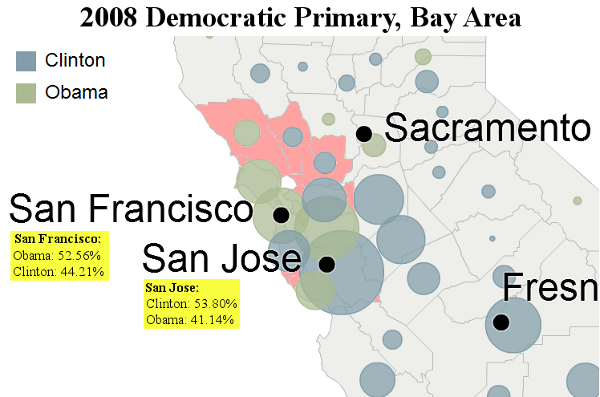If you haven’t already, please join Mac’s Facebook group and please, please, please contribute to Mac through ActBlue!
The big news this past week out of MA-09 is that progressive challenger Mac D’Alessandro will make the Democratic primary ballot against anti-choice, anti-health care reform ConservaDem incumbent Stephen Lynch. He submitted 5,000 signatures to city and town clerks offices by the May 4 deadline. As long as at least 2,000 are certified valid (should be no problem with 5,000 submitted), Mac submits the 2,000+ certified valid signatures to the Secretary of State by June 1 and he’ll give voters a choice against ConservaDem Lynch.
Mac took to YouTube to thank his grassroots supporters for their help making the signature drive a big success:
Progressive Democrats across the country have reason to be active in this race. There were 34 House Democrats who ultimately opposed health care reform; and Lynch’s vote was among the most perplexing:
Then there are the real head scratchers. Reps. Michael Arcuri (D-NY) and Stephen Lynch (D-MA) famously abandoned the reform push late in the game, after having voted for the House bill. Lynch, in particular, went on a very public crusade of opposition to the bill from the left, and cast his vote despite pleas from President Obama and AFL-CIO head Richard Trumka that he vote with the party.
Of the 34 anti-health care reform Dems, some are running for other office (Senate or Gov), some are retiring, but most are running for re-election. Best I can tell though, few if any have serious primary challengers. MA-09 will provide progressive Democrats nationally with an opportunity to send a message to a ConservaDem who abandoned one of the Democratic Party’s central pillars – expanding access to health care and moving toward truly making quality health care a right instead of a privilege.
That appears to be why Mac’s campaign has found itself on MoveOn.org’s radar screen as a viable primary challenger worthy of progressive support:
In the wake of Rep. Stephen Lynch’s vote against health care reform, many progressives have expressed frustration with him-and now he’s facing a serious primary challenge.
Mac D’Alessandro is the New England Political Director for the progressive Service Employees International Union (SEIU) and he’s pledging to “be on the side of consumers and workers, and not on the side of health insurance companies and big banks.”
So get in the game! Now that Mac has demonstrated grassroots strength through the impressively successful signature drive, he has to raise money – and ConservaDem Stephen Lynch starts off with a $1.3 million campaign war chest. So, please, please, please head over to Mac’s ActBlue page and contribute as generously as you can!
Here is some background on Mac, from his Facebook group:
Mac D’Alessandro of Milton, Massachusetts, has spent his career fighting on behalf of working families. For the past nine years, Mac has worked for the Service Employees International Union, most recently as New England Political Director. Prior to working for the SEIU, Mac worked for Greater Boston Legal Services, directing legislative efforts to help families combat poverty. Mac earned his Bachelor of Science degree in Human Ecology and Environmental Policy from Rutgers University and his Juris Doctor from Boston College Law School. Mac, 40, is married to Jennie Mulqueen, an early childhood arts educator, and is the proud father of five-year-old Sophie and three-year-old Atticus.


 Cooper makes it clear that he has ideas. He isn’t just going to run an anti-Gillibrand campaign, but he can’t help but point out her record. He mentions her past ties to Big Tobacco, the 100 percent rating she received from the National Rifle Association and her evolution on numerous issues that could be perceived as politically convenient.
Cooper makes it clear that he has ideas. He isn’t just going to run an anti-Gillibrand campaign, but he can’t help but point out her record. He mentions her past ties to Big Tobacco, the 100 percent rating she received from the National Rifle Association and her evolution on numerous issues that could be perceived as politically convenient. 

